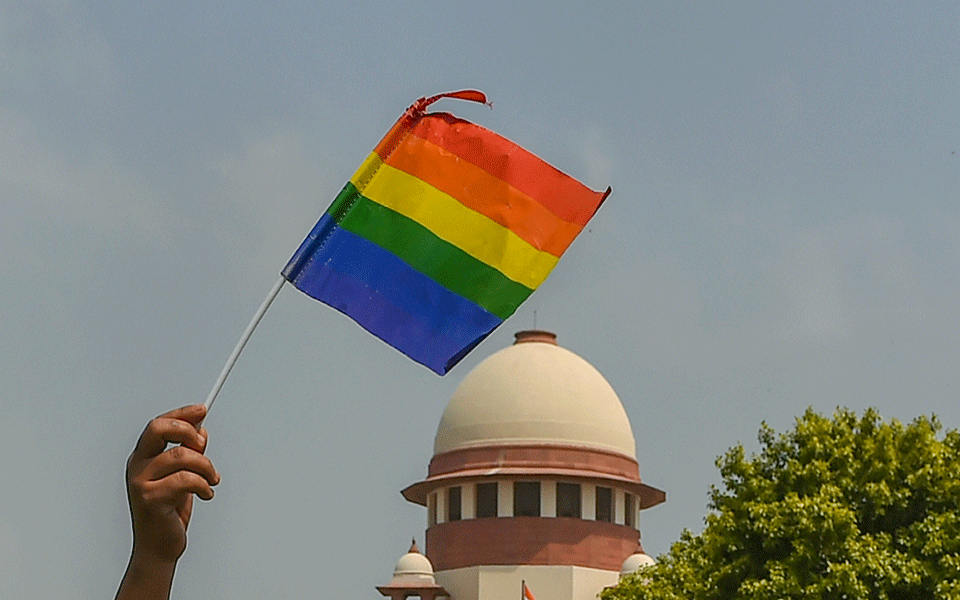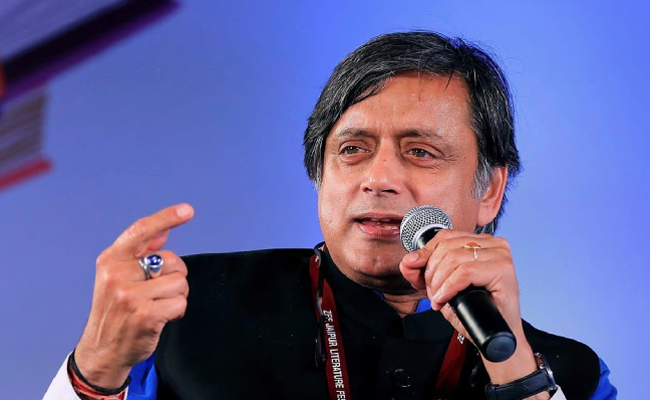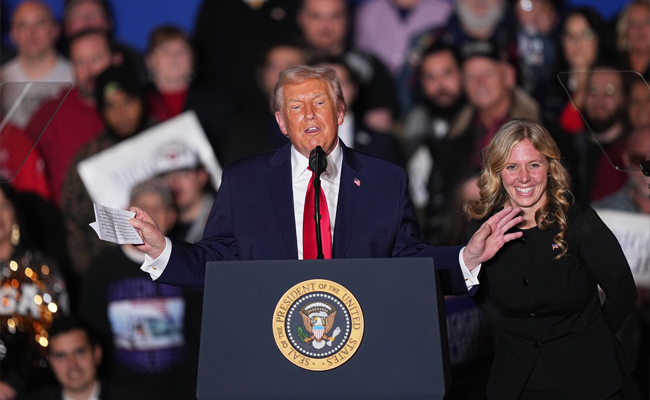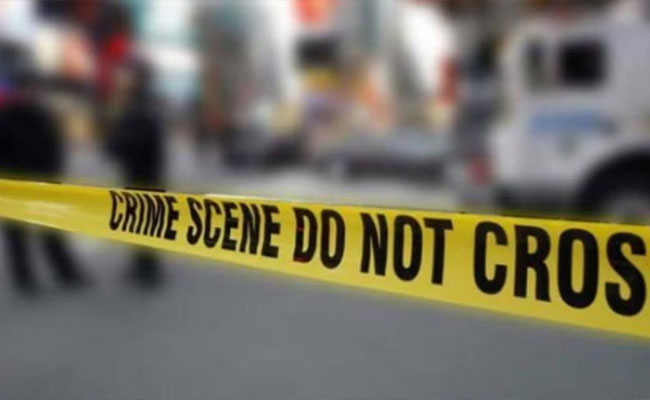Bengaluru, September 6: The Coalition for Sex Workers and Sexual Minorities Rights has welcomed the landmark judgement of the Supreme Court which has recognized and granted all forms of constitutional protection and citizenship to the persons identified as queer in the country.
In a press release, Ayyan Syed and Uma from the organization said that the judgement was a huge leap forward in recognizing the rights of gender and sexual minorities and it came at a time when other forms of civil liberties and dissent were being cracked down by the state, they said.
“While we celebrate the victory, we must be cognizant of the continuing struggles of dalits, tribals, farmers, students and other marginalized communities. It is a culmination of a long and difficult struggle against IPC Section 377, which criminalized the everyday life, relationships and loves of the LGBTQI community in the country. We have to remember many of our allies and friends from the community who have shaped the struggle. The verdict is the outcome of a prolonged and sustained movement built at the grassroots level, and on the streets across the country. It embodies a collective and cooperative effort on the part of several movements, Individuals, Lawyers, Organizations, Health Professionals and Families of LGBTQI persons”, they said.
The judgement was the reiteration of the fundamental rights entitled to all persons in the Constitution. The verdict was a powerful reminder that individual autonomy, liberty and dignity were inherent in all persons and could not be held hostage to the whims and fancies of the majority. All the five judges of the Supreme Court have demonstrated the dynamic, versatile and timeless nature of Constitution while hearing the case. The dream of equality, egalitarianism and anti-discrimination as envisaged by Dr B.R. Ambedkar has come closure to the reality with this judgement. The obligation on the state to ensure that institutions such as the police and health departments were regularly sensitized on issues and concerns of LGBTQI persons was increased with the judgement. An end to the legally backed institutional homophobia of the state, which was in many ways personified by IPC Section 377 appeared to be good place to start, they said.
Justice Chandrachud has so eloquently said “In upholding Constitutional morality, we affirm that the protection of LGBT individuals are not only about guaranteeing a minority their rightful place in the constitutional scheme, but that we equally speak of the vision of the kind of country we want to live in and of what it means for the majority”, they said.
Let the Truth be known. If you read VB and like VB, please be a VB Supporter and Help us deliver the Truth to one and all.
New Delhi (PTI): Congress leader Shashi Tharoor on Saturday, while lauding the win of the UDF in Kerala local bodies elections, also congratulated the BJP for its historic performance in his Thiruvananthapuram constituency, calling it the "beauty of democracy".
In a post on X, he said the people's verdict must be respected, whether for the UDF overall or for the BJP in his constituency.
"What a day of amazing results in the Kerala local self-government elections! The mandate is clear, and the democratic spirit of the state shines through.
"A huge congratulations to @UDFKerala for a truly impressive win across various local bodies! This is a massive endorsement and a powerful signal ahead of the state legislative elections. Hard work, a strong message and anti-incumbency have all clearly paid off to achieve a much better result than in 2020," Tharoor said.
He said he also acknowledges the historic performance of the BJP in Thiruvananthapuram, and "offer humble congratulations on their significant victory in the city corporation - a strong showing that marks a notable shift in the capital's political landscape."
Tharoor said he campaigned for a change from 45 years of the LDF "misrule", but the voters have ultimately rewarded another party that also sought a clear change in governance.
"That is the beauty of democracy. The people's verdict must be respected, whether for the UDF overall or for the BJP in my constituency.
"We will continue to work for the betterment of Kerala, advocating for the people's needs and upholding the principles of good governance. Onwards and upwards!" Tharoor, who is the MP from Thiruvananthapuram, said.
The lotus bloomed in the state capital as the BJP-led NDA achieved a resounding win in the polls for the Thiruvananthapuram Corporation, snatching it from the CPI(M)-led LDF and marking an end to 45 years of continuous Left rule in the local body.
The win in the Thiruvananthapuram Corporation will act as a boost for the BJP in the 2026 Assembly polls, especially in the state capital.
Of the 101 wards in the Thiruvananthapuram Corporation, the BJP won 50, LDF 29, UDF 19 and two wards were won by independent candidates.
The BJP is one seat short of a decisive majority in the corporation.
Besides this, the NDA retained the Palakkad municipality after a close battle with the Congress-led UDF and wrested the Thrippunithura Municipality from the grand old party.
In Thrissur, from where Suresh Gopi won in the Lok Sabha polls last year, the BJP won 18 out of the 46 wards in Kodungallur Municipality, eight in Thrissur Corporation, two each in Guruvayoor and Vadakkancherry municipalities, seven in Kunnamkulam Municipality, six in Irinjalakuda Municipality and one in Chalakudy Municipality.





